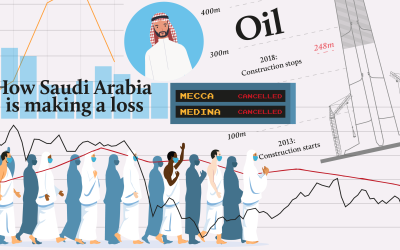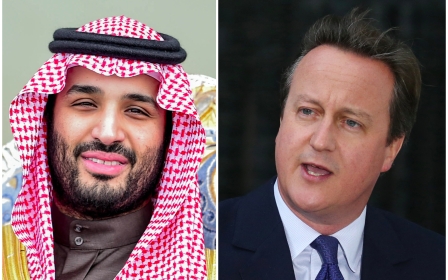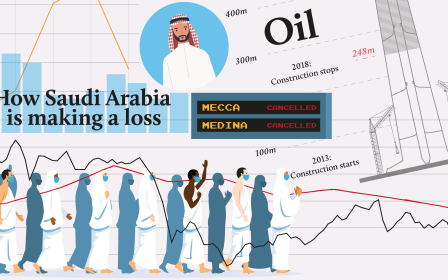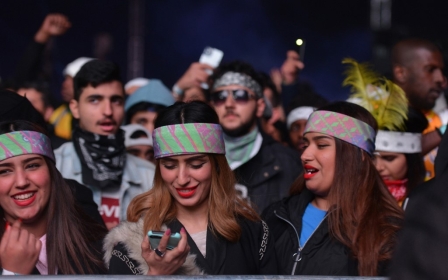Saudi Arabia plans economic overhaul with $3.2 trillion investment
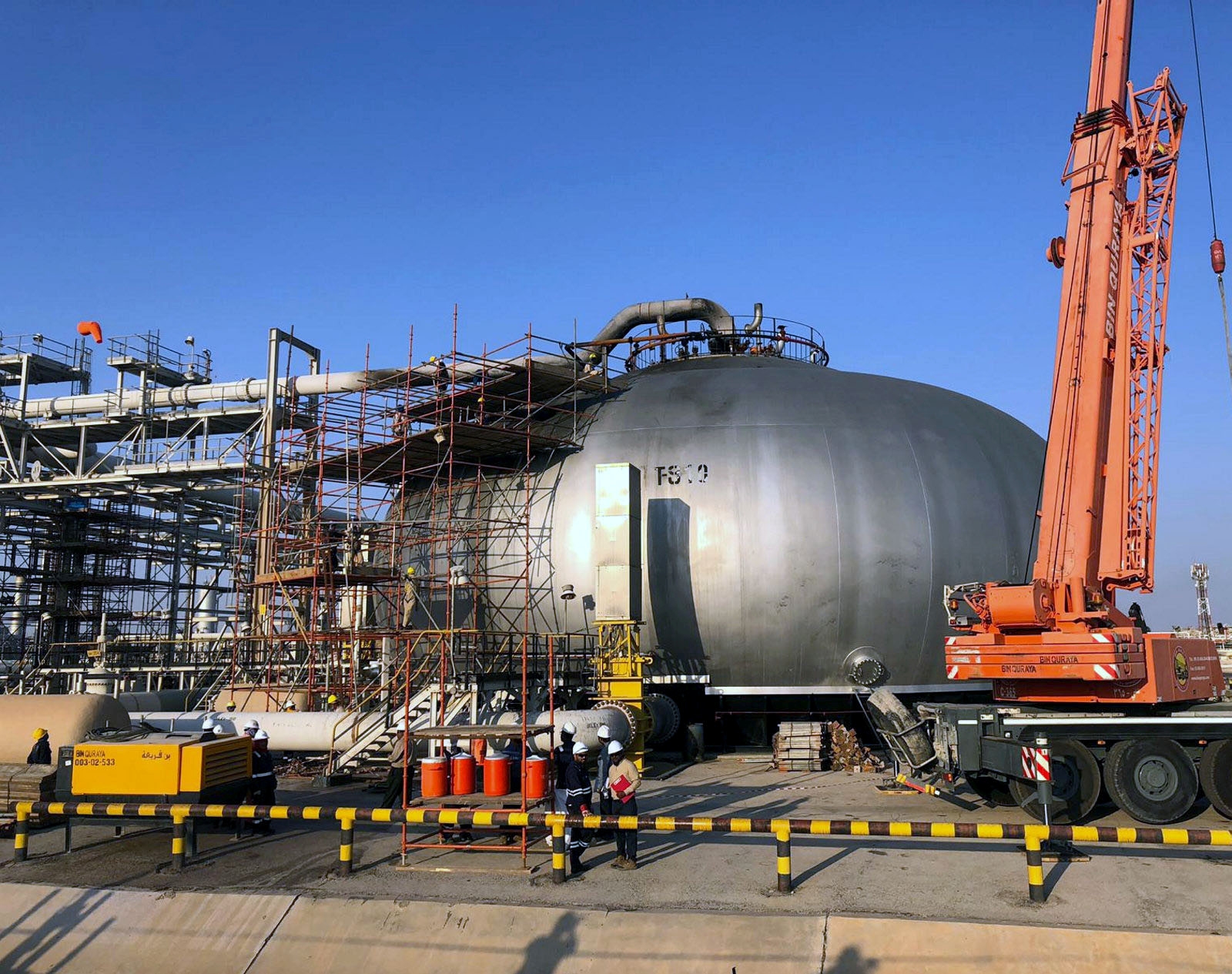
Saudi Arabia unveiled plans on Tuesday to pump investments worth $3.2 trillion into the national economy by 2030, roping in the oil-reliant kingdom's biggest companies in what Riyadh billed as a major new economic diversification push.
The announcement by de facto ruler Crown Prince Mohammed bin Salman underscores an effort to jumpstart the domestic economy as the top crude exporter battles high youth unemployment and a coronavirus-triggered downturn.
However, analysts have expressed skepticism about the process and at least one company involved has already deemed it necessary to say it was not forced into the initiative.
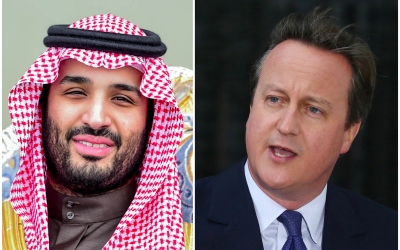
"The total investment injected... into the national economy is expected to reach 12 trillion riyals ($3.2 trillion) by 2030," bin Salman said in a speech carried by state television.
Twenty-four of the kingdom's biggest companies, including energy giant Aramco and petrochemical firm SABIC, will lead the investment drive, known as the Shareek (Partner) initiative, by contributing five trillion riyals ($1.3 trillion) over the next decade, the crown prince told reporters later at a virtual briefing.
He said the companies, many of them listed, had agreed to lower their dividends and redirect the money into the domestic economy in exchange for incentives such as subsidies.
The Public Investment Fund (PIF), the kingdom's sovereign wealth fund, will provide three trillion riyals ($800m).
And the remaining four trillion riyals ($1.06 trillion) will come from a new "national investment strategy", which will soon be announced, the crown prince said.
The initiative will help boost economic growth, create hundreds of thousands of new jobs and strengthen the private sector, he added.
'Grain of salt'
The initiative is part of a mammoth investment plan over the next decade, which will include huge government spending to spur the domestic economy.
It is designed to "promote the development and diversification of the national economy," the state-run SPA news agency said, adding that it will "strengthen cooperation between public and private sectors".
But the investment push should be "taken with a grain of salt," said Ellen Wald, president of Transversal Consulting and author of the book "Saudi Inc".
"It doesn't help grow the private sector to compel nominally private sector companies to invest in government programmes at the expense of their shareholders or investment in their own endeavours," Wald told AFP.
On Wednesday, Saudi Aramco's chief executive said the company would set strict business criteria for ventures it backs under the Shareek initiative and was not being pushed into projects by the state.
"You can look at Shareek as a catalyst in making Saudi Arabia even more compelling as an investment destination for both local and foreign investors," Amin Nasser told Reuters.
"This is a voluntary programme. It's on the private sector to bring these projects, to ask for incentives."
But Nasser said it was too early to say how the new programme would affect Aramco's dividend and investment plans.
Aramco not being pushed
The latest initiative has raised some investor concerns that Aramco might start building stadiums or launch other infrastructure projects unrelated to its energy business, mirroring its activities in earlier years of Saudi Arabia's oil boom.
But Nasser said the government, which still owns 98 percent of the company since its initial public offering in 2019, was not pushing Aramco to take part in specific projects.
"There is nothing about the government asking for this or that," he said when asked if Aramco was shifting towards becoming more of a conglomerate than an energy-focused business.
Last year, the twin shocks of the pandemic and a drop in oil prices prompted the petro-state to triple its value-added tax and suspend a monthly allowance to civil servants to rein in a ballooning budget deficit.
Unemployment in the kingdom touched 14.9 percent in the third quarter of 2020, dipping slightly from an all-time high of 15.4 percent in the previous quarter, according to official data.
Amid criticism of its human rights record and the murder of Saudi journalist Jamal Khashoggi, which the United States has blamed on bin Salman, Saudi Arabia has also been struggling to attract foreign investment, a key pillar of the crown prince's "Vision 2030" economic diversification plan to boost non-oil revenue.
Middle East Eye delivers independent and unrivalled coverage and analysis of the Middle East, North Africa and beyond. To learn more about republishing this content and the associated fees, please fill out this form. More about MEE can be found here.


